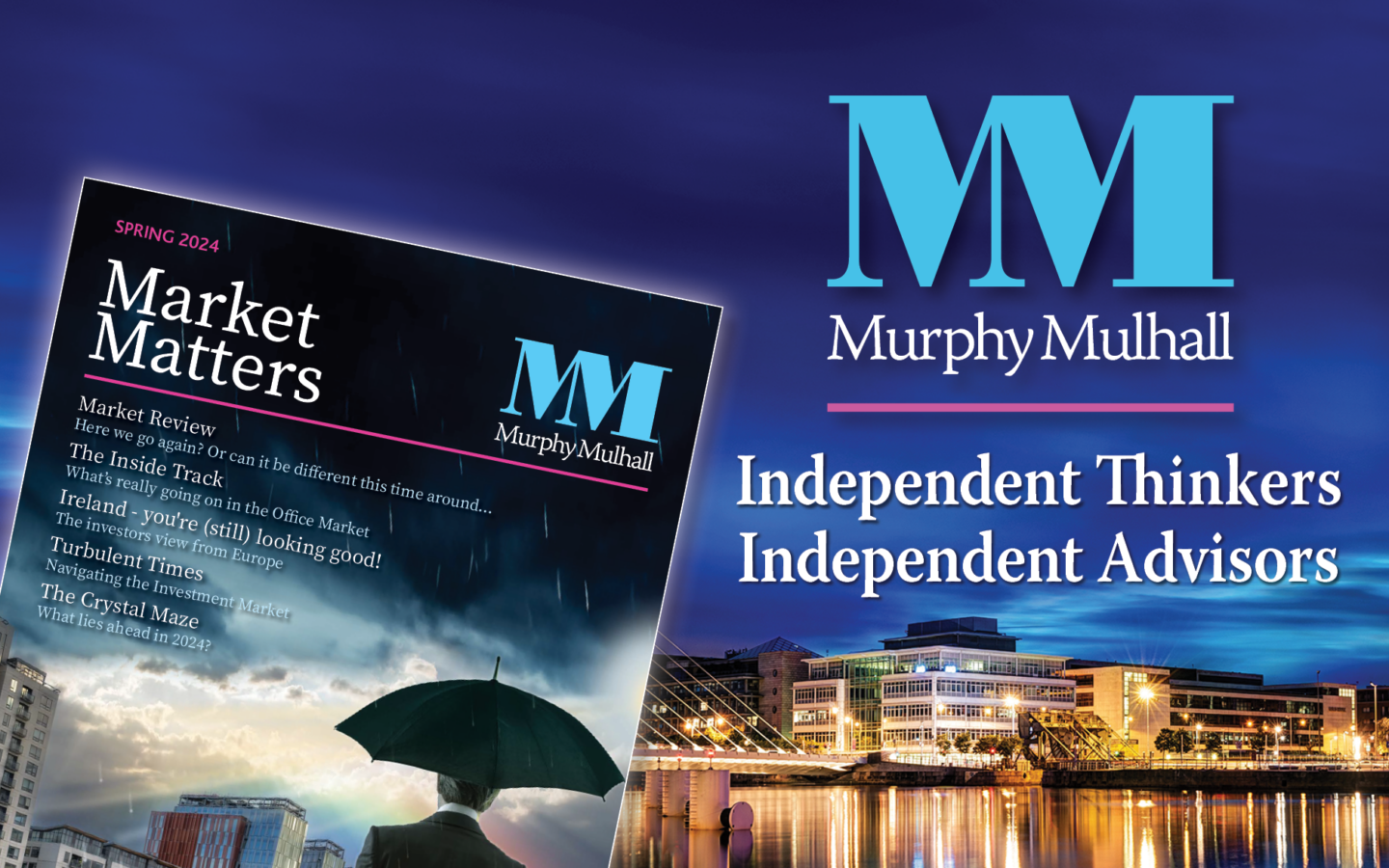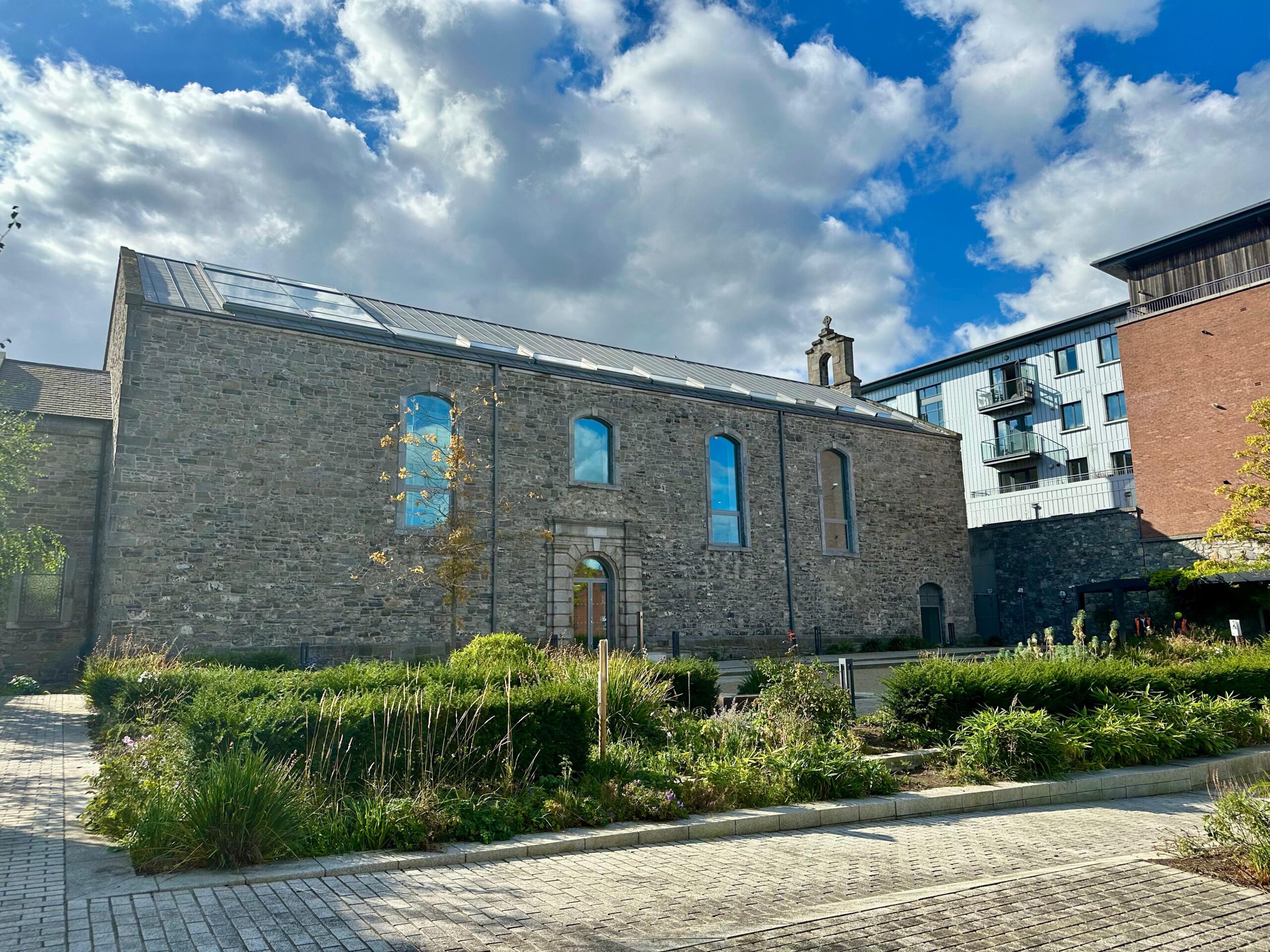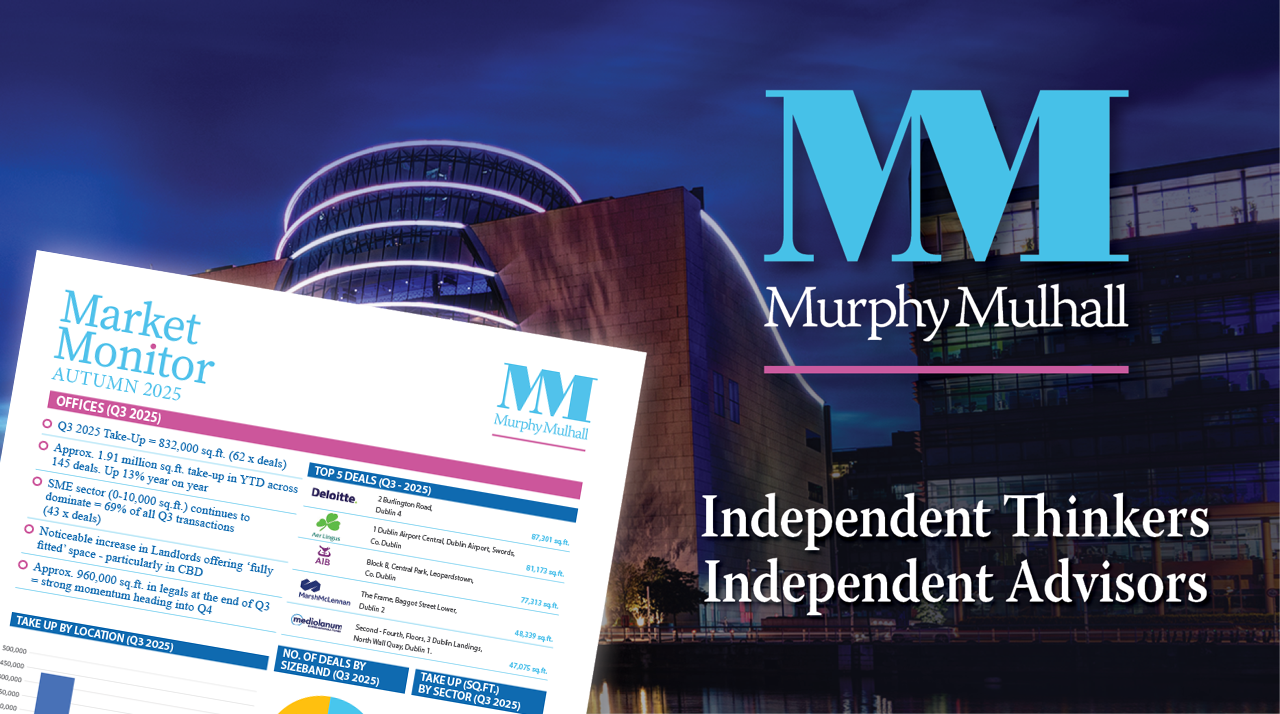Tips for Commercial Property Investment in Ireland
For many investors, property investment begins with the purchase of a second home or a Residential Investment Property (RIP). Over the past 25 years, RIPs have remained a popular entry point into the Irish property market. However, as the management demands and diminishing returns from RIPs have increased, many investors have gradually shifted toward commercial property investment in Ireland. The appeal of longer leases, stronger tenant covenants, and reduced day-to-day involvement has made Commercial Real Estate (CRE) a more attractive option.
If you’re considering buying a commercial building, whether tenanted or vacant, there are several important factors to evaluate before making a purchase. This guide outlines key tips to help you make an informed decision and avoid common pitfalls.
1. Understand the Lease Terms (If Tenanted)
If the commercial property you’re considering has an existing lease in place, it’s essential to review the lease agreement carefully. Key questions to ask include:
- Is the rent being paid on time and in full?
- Does the lease require the tenant to maintain and repair the property?
- Is there a dilapidations clause that obligates the tenant to reinstate or repair the property at lease end?
- Is there a rent review mechanism? If so, who can trigger it, and is the rent reviewed to market levels or subject to upward-only reviews?
- Does the tenant have legal rights to renew the lease upon expiry? Continuous occupation may grant renewal rights unless otherwise agreed.
Understanding these terms will help you assess the security of income, future rental potential, and landlord obligations.
2. Assess the Condition of the Property (If Vacant)
If the property is currently vacant, you’ll need to consider:
- Is the building in a condition that will attract tenants?
- What refurbishment or upgrade works are required, and what are the associated costs?
- Is the property under a preservation order that could restrict modifications or redevelopment?
- What is the land use zoning assigned by the local authority? This determines what types of businesses or activities are permitted.
These factors will influence the letting potential, fit-out costs, and planning flexibility of the property.
3. Factor in Stamp Duty and Transaction Costs
Unlike residential property, stamp duty on commercial property in Ireland is currently 7.5% of the purchase price. This applies whether the property is vacant or tenanted. Be sure to include this in your financial planning, along with legal fees, surveyor costs, and any refurbishment expenses.
4. Consider Energy Efficiency and Future Legislation
With increasing focus on sustainability and carbon reduction, the Building Energy Rating (BER) of a property is becoming more important. A poor BER rating may:
- Limit tenant interest
- Require costly upgrades in future
- Affect compliance with upcoming environmental regulations
Investors should assess the BER and consider how future legislation may impact the property’s long-term viability and marketability.
5. Seek Professional Advice
Commercial property transactions can be complex. Engaging a qualified chartered surveyor or property advisor is highly recommended. They can help you:
- Review lease documentation
- Assess market value and rental potential
- Identify risks and opportunities
- Navigate planning and zoning regulations
Professional guidance ensures you make a well-informed investment aligned with your financial goals.
Conclusion
Buying commercial property offers strong potential for capital growth and rental income, but it requires careful due diligence. Whether you’re purchasing a tenanted asset or a vacant building, understanding lease terms, property condition, legal obligations, and market dynamics is essential.
By following these tips and seeking expert advice, you can position yourself for a successful and sustainable investment in Ireland’s commercial property market.
Principal Director





